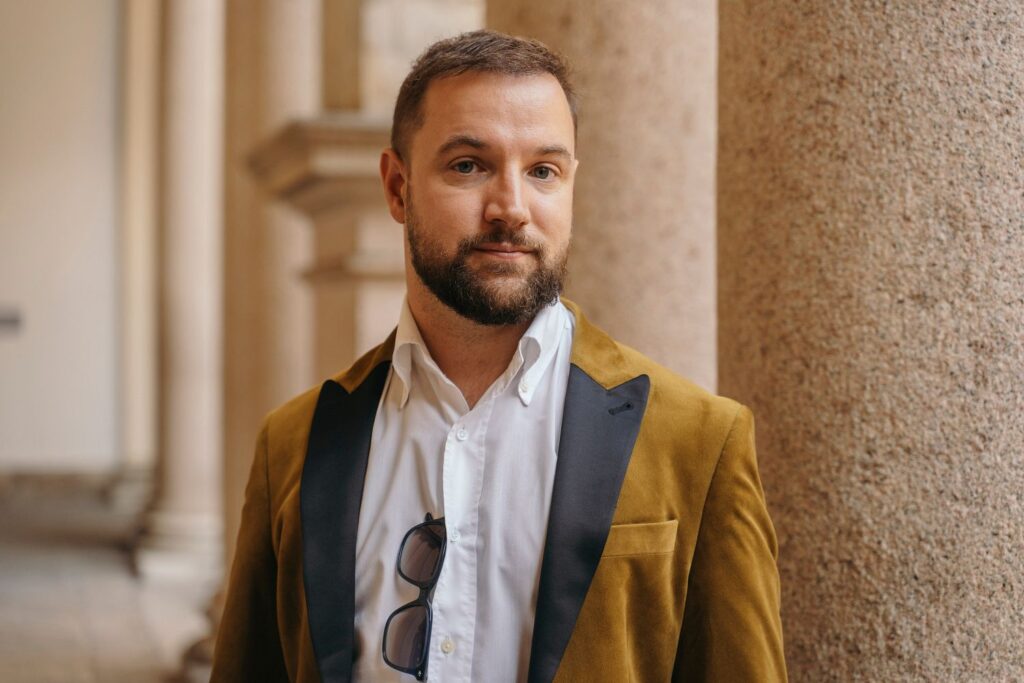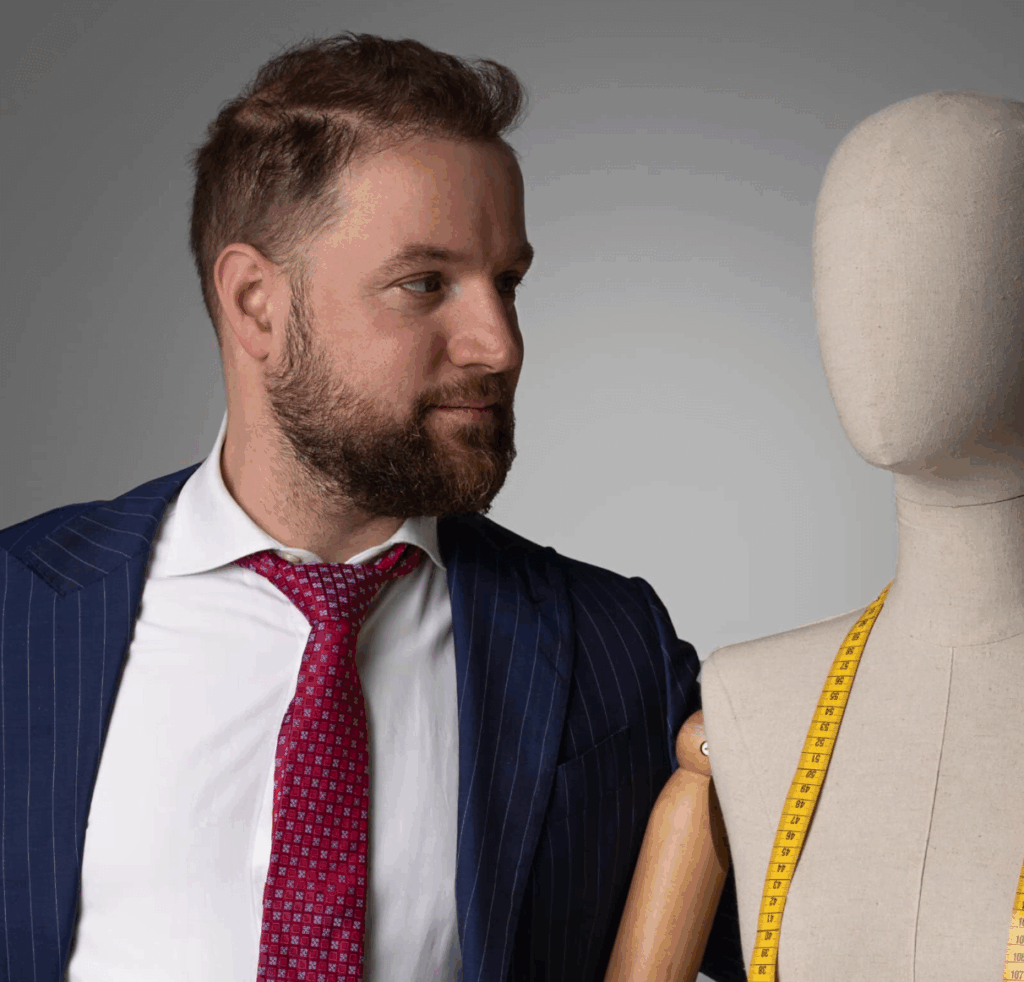Luxury brands are not just about price tags or designer logos. Today’s buyers are willing to pay up to 30 percent more for experiences that feel truly personal and exceptional. That might sound like a lot for some extra pampering. In reality, this premium exists because luxury is not just a product—it is a feeling carefully crafted at every step, turning a simple transaction into a lasting memory.
Table of Contents
- Defining Luxury Brand Experience: What It Is And Why It Matters
- The Importance Of Customer Perception In Luxury Branding
- Elements That Shape A Luxury Brand Experience
- How Emotional Engagement Influences Luxury Purchases
- Trends And Innovations In Delivering Luxury Experiences
Quick Summary
| Takeaway | Explanation |
|---|---|
| Luxury experiences create emotional connections. | These connections enhance consumer loyalty and willingness to pay a premium. |
| Perception shapes luxury brand value. | How consumers view a brand influences their engagement and willingness to purchase. |
| Craft compelling narratives to engage consumers. | Immersive storytelling can enhance the overall luxury experience and brand identity. |
| Invest in sensory elements for differentiation. | Engaging multiple senses can elevate consumer experiences and set luxury brands apart. |
| Embrace technology for personalized engagement. | Digital innovation helps create tailored experiences that resonate with modern luxury consumers. |
Defining Luxury Brand Experience: What It Is and Why It Matters
A luxury brand experience transcends traditional product or service interactions. It represents a comprehensive emotional and sensory journey that transforms ordinary transactions into extraordinary moments of connection, prestige, and personal significance.
The Psychological Core of Luxury Experience
At its essence, luxury brand experience is about creating an intricate narrative that goes beyond functional utility. According to research from McKinsey, consumers are willing to pay up to 30% premium for brands that deliver exceptional, personalized experiences.
The psychological framework of luxury experiences involves several critical components:
- Emotional Resonance: Creating deep psychological connections that evoke feelings of exclusivity and personal achievement
- Sensory Engagement: Designing multisensory interactions that stimulate multiple perception channels
- Narrative Immersion: Crafting compelling brand stories that consumers want to be part of
Beyond Transactional Interactions
Luxury brand experiences are not merely about selling products but about curating memorable interactions that elevate consumer perception. These experiences integrate tangible and intangible elements, transforming every touchpoint into an opportunity for meaningful engagement.
Key characteristics that distinguish luxury brand experiences include:
- Exceptional attention to detail
- Personalized and anticipatory service
- Consistent brand storytelling across all interactions
- Exclusive and rare elements that create a sense of privilege
By understanding and meticulously designing these experiences, brands can create lasting emotional connections that transcend traditional market relationships. Learn more about our approach to brand strategy and how psychological insights drive exceptional customer experiences.
The Importance of Customer Perception in Luxury Branding
Customer perception serves as the foundational architecture of luxury brand value, determining how consumers interpret, experience, and ultimately engage with premium offerings. In the sophisticated realm of luxury branding, perception transcends mere product characteristics and becomes a complex psychological construct.
This table compares key psychological dimensions of customer perception in luxury branding, highlighting what each represents and its impact on perceived brand value.
| Dimension | What It Represents | Impact on Brand Value |
|---|---|---|
| Emotional Resonance | Feelings the brand evokes for the consumer | Increases emotional connection, loyalty |
| Social Signaling | Status and prestige associated with the brand | Enhances desire for exclusivity |
| Quality Expectations | Perceived craftsmanship and exclusivity | Drives willingness to pay a premium |

Psychological Dimensions of Brand Perception
Research from the International Journal of Marketing Studies reveals that consumer perceptions are multidimensional, encompassing emotional, social, and functional components that collectively shape brand equity.
The critical psychological dimensions include:

- Emotional Resonance: How the brand makes consumers feel about themselves
- Social Signaling: The perceived status and prestige associated with the brand
- Quality Expectations: Perceived superior craftsmanship and exclusivity
Strategic Implications of Perception Management
Luxury brands must meticulously craft their perception through strategic storytelling, consistent brand communication, and experiential marketing. These perceptions are not passive but actively constructed through carefully designed touchpoints that communicate value beyond mere monetary worth.
Key strategic considerations for perception management:
- Creating immersive brand narratives
- Maintaining rigorous quality standards
- Developing exclusive customer experiences
- Cultivating a sense of aspiration and belonging
Explore our insights on marketing strategies that transform brand perception and drive luxury market engagement. Understanding these nuanced psychological mechanisms allows brands to transcend traditional marketing approaches and establish profound emotional connections with their target audience.
Elements That Shape a Luxury Brand Experience
Luxury brand experiences are intricate compositions constructed from multiple sophisticated elements that collectively transform consumer interactions from transactional to transformational. These elements work synergistically to create a holistic narrative that extends far beyond traditional product offerings.
Below is a table summarizing the essential architectural components that form the foundation of a luxury brand experience and their roles in driving deeper consumer engagement.
| Component | Description |
|---|---|
| Brand Heritage | Historical narrative and legacy that provides depth and authenticity |
| Sensory Design | Crafted visual, tactile, and aesthetic experiences |
| Emotional Storytelling | Narratives that resonate emotionally with consumers |
| Consistent Touchpoints | Uniform experience across all brand interactions |
| Quality Standards | Exceptional product and service execution |
| Sense of Privilege | Elements creating exclusivity and aspiration |
Foundational Architectural Components
According to scholarly research in SAGE Open, luxury brand experiences are multidimensional frameworks comprising several critical elements that generate profound emotional engagement.
The fundamental architectural components include:
- Brand Heritage: The historical narrative and legacy that provides depth and authenticity
- Sensory Design: Meticulously crafted visual, tactile, and aesthetic experiences
- Emotional Storytelling: Compelling narratives that resonate with consumers
Strategic Experience Design
Experience design in luxury branding requires an intentional, multilayered approach that transcends conventional marketing strategies. Brands must curate immersive environments that stimulate multiple sensory and emotional channels, creating memorable interactions that feel personalized and exclusive.
Key strategic design considerations encompass:
- Creating consistent brand touchpoints
- Developing nuanced communication strategies
- Ensuring exceptional quality across all interactions
- Generating a sense of privilege and belonging
Discover our strategic approach to brand experience design and learn how psychological insights can transform consumer perceptions. Understanding these intricate elements allows brands to construct extraordinary experiences that elevate consumer relationships beyond mere commercial transactions.
How Emotional Engagement Influences Luxury Purchases
Emotional engagement represents the intricate psychological mechanism that transforms luxury purchases from mere transactions into profound personal narratives. Unlike standard consumer interactions, luxury purchases are deeply rooted in emotional experiences that connect with individual identity, aspirations, and self-perception.
Psychological Mechanisms of Emotional Purchasing
According to research on ResearchGate, emotional branding in luxury sectors creates powerful psychological triggers that significantly influence consumer decision making. These triggers go beyond rational considerations of price or functionality.
Key psychological drivers of emotional engagement include:
- Self-Expression: Purchases that communicate personal identity and social positioning
- Aspirational Symbolism: Products that represent future desired states
- Emotional Validation: Experiences that affirm personal worth and achievements
Transformative Purchase Dynamics
Luxury purchases are not simply acquisitions but transformative experiences that provide psychological rewards. Consumers do not merely buy products they invest in narratives that enhance their sense of self, social status, and personal journey.
Critical emotional engagement dynamics encompass:
- Creating personal meaning through brand interaction
- Generating feelings of exclusivity and belonging
- Fulfilling deeper psychological needs beyond functional utility
- Constructing personal and social identity through consumption
Explore our advanced insights into consumer psychology and understand how emotional engagement drives luxury market behaviors. By comprehending these nuanced psychological mechanisms, brands can design experiences that resonate deeply with consumers’ innermost desires and aspirations.
Trends and Innovations in Delivering Luxury Experiences
The luxury brand landscape is undergoing a profound transformation, driven by technological advancements, changing consumer expectations, and the continuous pursuit of exceptional, personalized experiences. These innovations are reshaping how luxury brands communicate, engage, and deliver value to their discerning clientele.
Digital Transformation in Luxury Experiences
According to research published in Heliyon, digital tools are revolutionizing customer engagement strategies in the luxury sector. Brands are now leveraging cutting-edge technologies to create immersive, personalized interactions that transcend traditional marketing approaches.
Key technological innovations include:
- Augmented Reality (AR): Creating interactive product visualization experiences
- Artificial Intelligence: Personalizing customer interactions and recommendations
- Big Data Analytics: Understanding and predicting consumer preferences
Experiential Innovation Strategies
Luxury brands are moving beyond product-centric models to holistic experience design that integrates digital and physical touchpoints. This approach focuses on creating unique, memorable interactions that resonate deeply with consumers personal aspirations and emotional needs.
Critical innovation strategies encompass:
- Developing immersive digital storytelling platforms
- Creating seamless omnichannel customer experiences
- Implementing hyper-personalization technologies
- Ensuring authentic brand representation across digital environments
Explore our innovative approach to brand transformation and discover how cutting-edge strategies can redefine luxury brand experiences. By embracing technological innovations and understanding evolving consumer dynamics, brands can create extraordinary interactions that transcend traditional boundaries of engagement.
Ready to Transform Your Luxury Brand Experience?
If you found yourself challenged by the complex journey described in the “Understanding Luxury Brand Experience Guide,” you are not alone. Many brands struggle to create emotional resonance and a sense of exclusivity that today’s sophisticated customers crave. Is your marketing truly leveraging consumer psychology to build memorable, high-value relationships?
Explore proven solutions tailored for the luxury sector

Let Corrado Manenti show you how to elevate your brand through deep psychological insights and an obsession with detail. Benefit from decades of experience in luxury marketing, data-driven innovation, and storytelling that shapes powerful perceptions at every touchpoint. Don’t settle for generic campaigns. Start building a distinctive premium experience now so your reputation excels in a demanding market. Visit Corrado Manenti today, or explore more resources on Marketing Mode to discover what sets a true luxury brand apart.
Frequently Asked Questions
What is a luxury brand experience?
A luxury brand experience refers to the comprehensive emotional and sensory journey that consumers undergo when interacting with a premium brand, elevating ordinary transactions into unique moments of connection and personal significance.
How does emotional engagement influence luxury purchases?
Emotional engagement transforms luxury purchases from mere transactions into meaningful experiences that resonate with individual identity and aspirations, fulfilling deeper psychological needs beyond functional utility.
What psychological factors shape customer perception in luxury branding?
Customer perception in luxury branding is shaped by emotional resonance, social signaling, and quality expectations, which together create a complex framework that influences brand equity and consumer engagement.
How can technology enhance luxury brand experiences?
Technology enhances luxury brand experiences through innovations like augmented reality, artificial intelligence, and big data analytics, allowing for more personalized, immersive, and interactive brand interactions.



